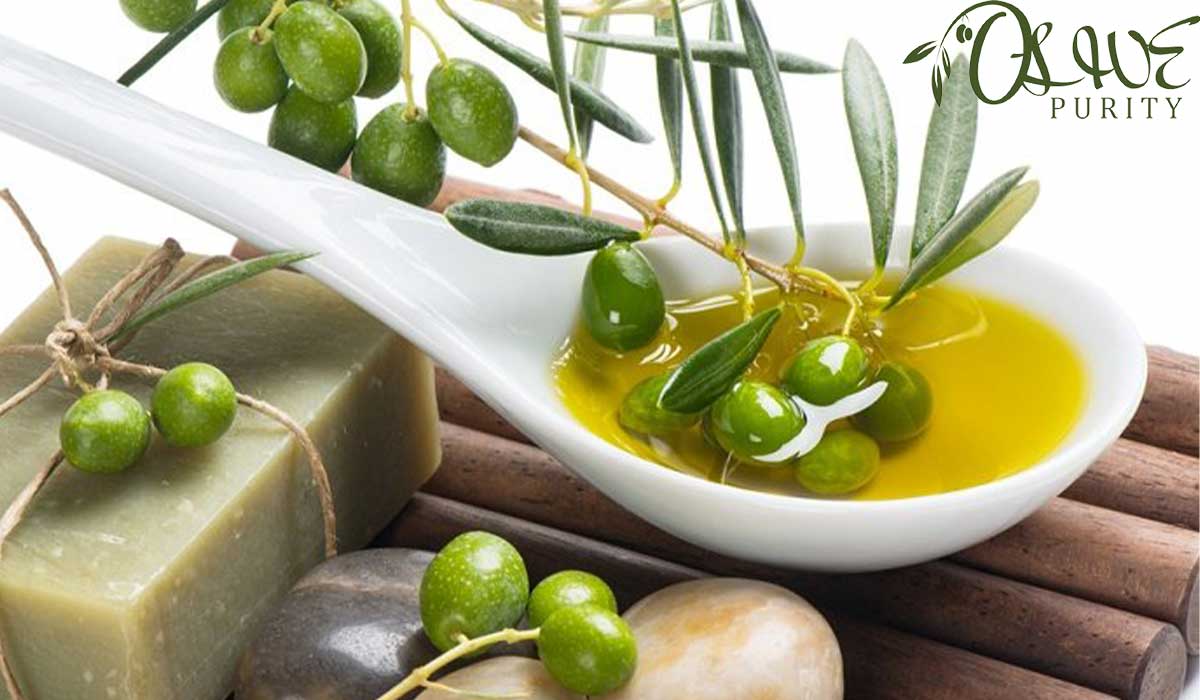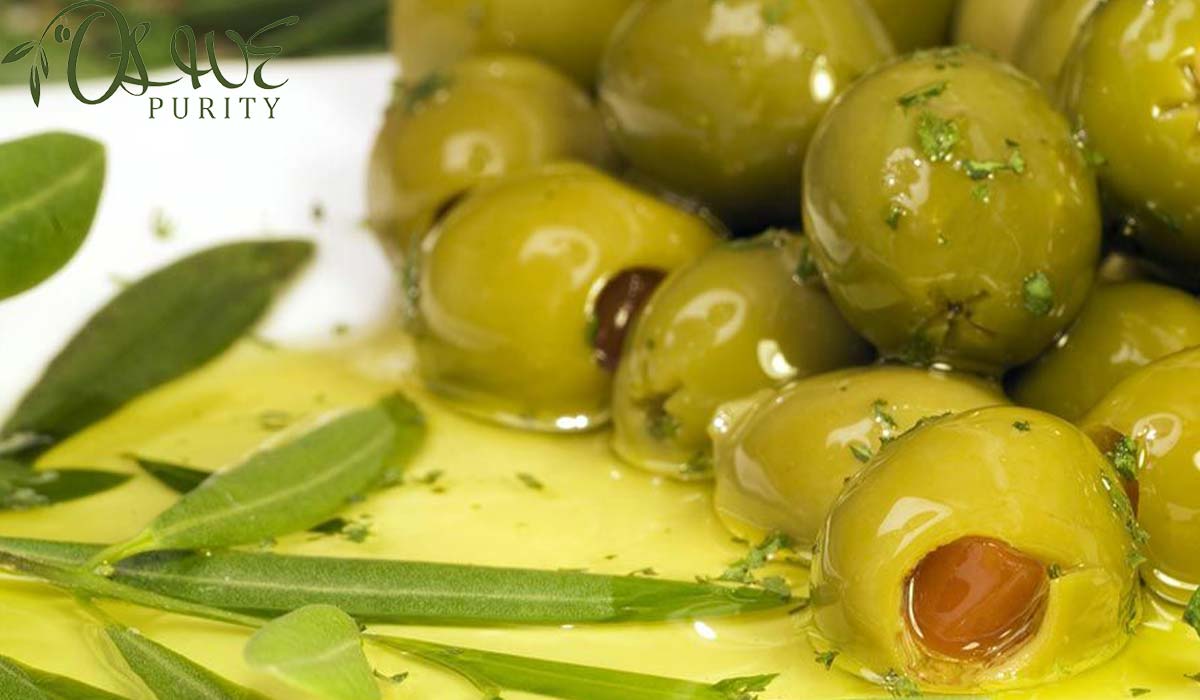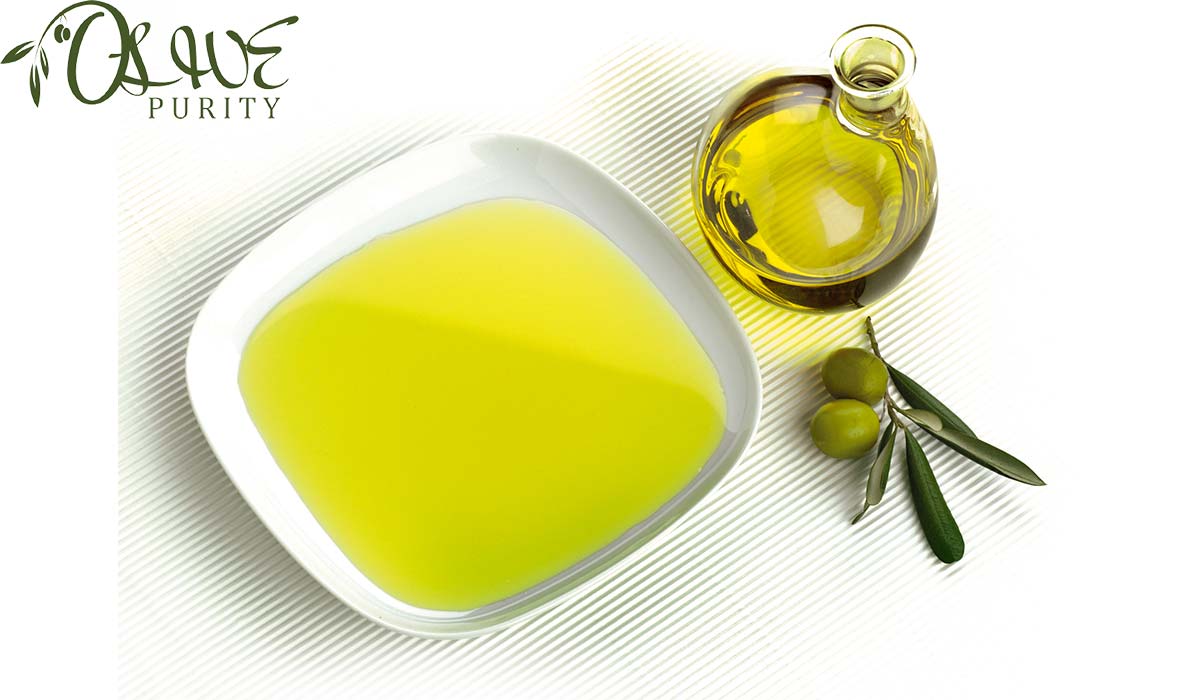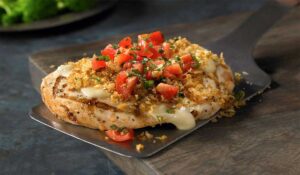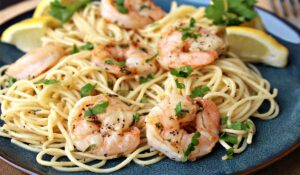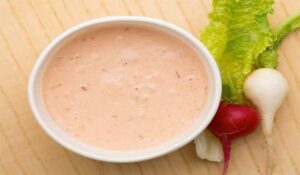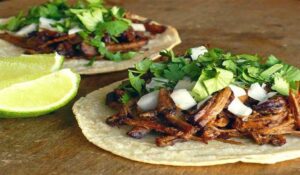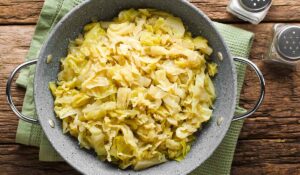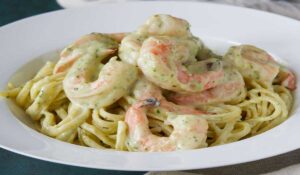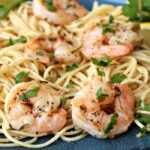Table of Contents
ToggleDoes Olive Oil Break a Fast? Unveiling the Truth about Fasting and Olive Oil
Key Takeaways
- Whether olive oil breaks your fast depends on your fasting type (religious, intermittent, etc.) and personal goals.
- In most intermittent fasting forms, small amounts of olive oil (around 1 teaspoon) are unlikely to disrupt your fast.
- Olive oil’s impact depends on calories and insulin: larger amounts or consumption during eating windows can break your fast.
- Consider your main purpose (weight loss, fat burning, gut health) to determine olive oil’s suitability in your fast.
Introduction ( Does Olive Oil Break a Fast )
Intermittent fasting has received vast recognition as a dietary approach for weight reduction and various health advantages. One routine query among fasting enthusiasts is whether or not olive oil, a staple in many diets, disrupts the fasting method. In this text, we will find out the effect of olive oil on fasting, delving into the technological in the back of intermittent fasting, fat burning, insulin spikes, and the role of olive oil in this metabolic puzzle. Let’s get to the lowest of the statistics and myths surrounding the incorporation of olive oil into fasting exercises and does olive oil break a fast.
Knowledge Intermittent Fasting and Does Olive Oil Break a Fast
Intermittent fasting is a nutritional pattern that cycles between durations of ingesting and fasting. The primary focus is not at the styles of foods fed on information as an alternative on the timing of eating. Numerous techniques exist, which includes the sixteen/8 technique, wherein people rapid for 16 hours and eat at some point of an eight-hour window, or the five:2 technique, concerning everyday consuming for 5 days and restricted calorie consumption for 2 non-consecutive days.
The Essence of Fasting: Fat Burning and Insulin Spikes
The core principle of intermittent fasting revolves round manipulating the body’s metabolic kingdom to decorate fat burning. for the duration of the fasting window, the body depletes its glycogen shops and shifts right into a country of ketosis. In ketosis, the frame makes use of stored fats as a number one energy source, aiding in weight reduction. moreover, fasting reduces insulin levels, preventing spikes which could hinder fat burning. however, the question arises: does olive oil disrupt this technique?
Olive Oil and energy: The Teaspoon Conundrum
Olive oil is a calorie-dense source of wholesome fats, with one tablespoon containing approximately a hundred and twenty electricity. This caloric content material has led to concerns about its impact at the fasting kingdom. Fasting, at its center, includes abstaining from calorie consumption for the duration of unique durations. Ingesting olive oil, even in small amounts, introduces energy into the device, doubtlessly interrupting the fasting system.
To place this into perspective, a unmarried teaspoon of olive oil consists of round 40 calories. whilst this can appear negligible, it is vital to recollect the cumulative effect, especially for the ones following strict fasting protocols. The caloric content of olive oil increases questions on whether it triggers an insulin response, disrupting the metabolic benefits of fasting.
Metabolic kingdom and Olive Oil: Navigating the impact
Fasting enthusiasts frequently purpose to achieve and hold a metabolic country conducive to fat burning. Olive oil, wealthy in monounsaturated fat, is assumed to support this system with out inflicting a vast insulin spike. A few argue that the mild intake of olive oil all through fasting might also even decorate the sensation of satiety, helping individuals adhere to their fasting home windows.
Research suggests that incorporating healthful fats into the diet can make contributions to progressed metabolic flexibility, allowing the frame to efficiently transfer among burning glucose and fats for energy. However, the important thing lies carefully and expertise the general calorie consumption throughout the fasting duration.
Tea, coffee, and Olive Oil: Navigating Fasting Beverages
Many individuals rely on tea or coffee to manage hunger during fasting hours. Some opt for black coffee, while others embrace variations like coffee with fat, often incorporating MCT oil or even a dash of olive oil. While these additions would possibly offer a sense of fullness and electricity, it is crucial to have a look at their impact on fasting.
Coffee with fats, also referred to as bulletproof coffee, is a famous preference amongst intermittent fasters. The concept is that the healthful fat contribute to sustained power tiers with out triggering an insulin reaction. Incorporating a teaspoon of olive oil into your morning espresso may also seem like a innovative way to live satiated at some point of fasting, however it is critical to weigh the potential effect in your normal fasting goals.
Fasting variations and Olive Oil and Does Olive Oil Break a Fast: Exploring distinctive methods
It is vital to note that fasting isn’t a one-length-suits-all technique. Some people have interaction in water fasts, abstaining from all caloric consumption, whilst others opt for dry fasting, which includes abstaining from each food and water for a fixed length. The impact of olive oil on fasting can vary based totally at the unique fasting method followed.
For those following a more lenient fasting mimicking diet, where a limited caloric intake is permitted, incorporating olive oil may align with the overall goals. However, for individuals practicing strict water fasts or dry fasts, any caloric intake, even from olive oil, could potentially break the fast.
Gut Health Goals and Olive Oil: Considering Digestive Breaks and Does Olive Oil Break a Fast
Beyond the realm of weight loss, intermittent fasting is often associated with promoting gut health. The gut undergoes a period of relaxation at some stage in fasting, taking into account cell restore and regeneration. The inclusion of olive oil, with its ability effect on digestion and caloric consumption, introduces nuances to the relationship among fasting and intestine health.
Some argue that the healthy fats in olive oil contribute positively to digestive processes, while others emphasize the importance of allowing the gut a complete break from any external stimuli, including caloric intake. Striking a balance between nutritional value and digestive rest becomes crucial in navigating the integration of olive oil into fasting routines.
Religious Fasting and Olive Oil: A Cultural Perspective
In lots of cultures, religious fasting is a commonplace exercise, often related to particular dietary restrictions at some stage in designated periods. Olive oil, deeply ingrained in Mediterranean and center jap diets, is a key element in the course of spiritual fasting. Expertise the cultural significance of olive oil sheds light on its inclusion in fasting practices beyond its caloric content
For those engaging in religious fasting, the role of olive oil extends beyond its potential impact on metabolic states. It becomes a symbol of tradition, connecting individuals to their cultural and religious heritage. In such cases, the inclusion of olive oil may serve a purpose beyond its physiological effects during fasting.
FAQs ( Does Olive Oil Break a Fast )
Conclusion: ( Does Olive Oil Break a Fast )
Within the realm of intermittent fasting, the function of olive oil is nuanced and multifaceted. Even as its caloric content increases worries about breaking the short, the form of fasting, universal caloric intake, and man or woman dreams should be considered. The impact of olive oil on fats burning, insulin levels, and intestine fitness varies based on the context in which it’s miles incorporated.
As with any dietary choice, moderation and purpose should guide the inclusion of olive oil in fasting routines. Whether it’s a teaspoon in your morning coffee or a drizzle over a meal during the eating window, understanding the potential effects of olive oil on your fasting goals is essential. The journey of intermittent fasting is a non-public one, and the selection to consist of olive oil need to align with man or woman fitness objectives and cultural issues. Ultimately, unlocking the advantages of intermittent fasting includes a holistic method that goes past the mere presence of olive oil to your nutritional repertoire.
